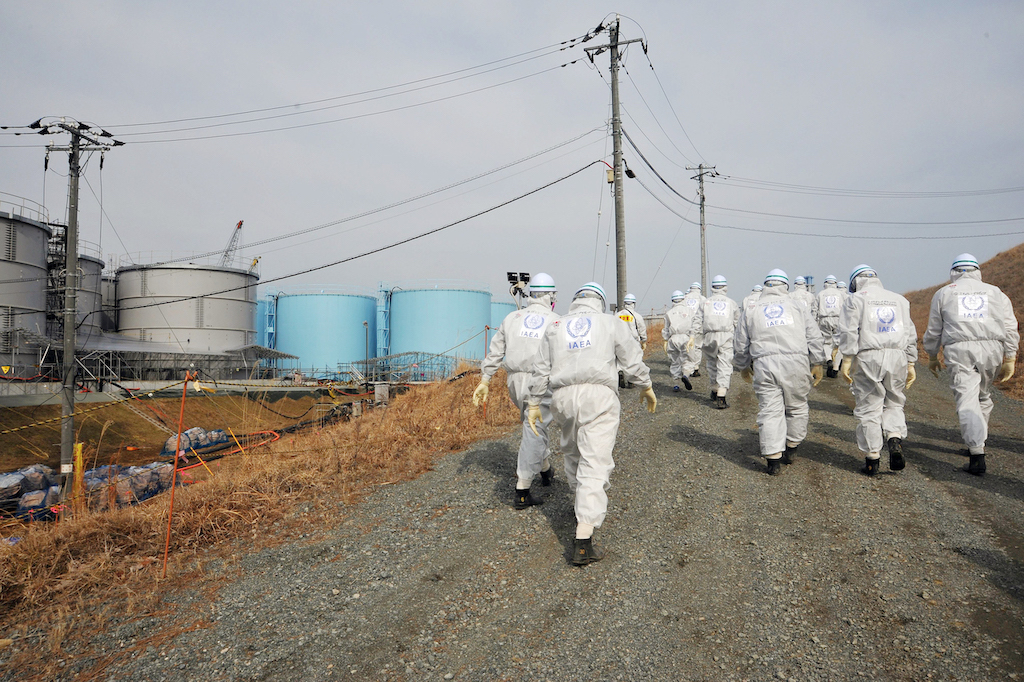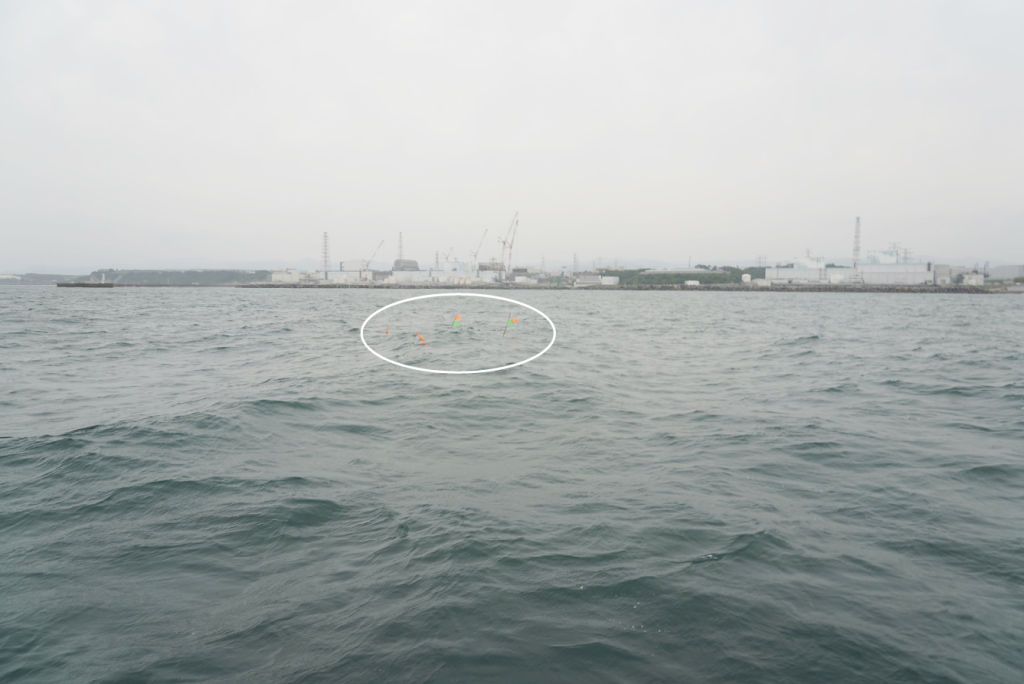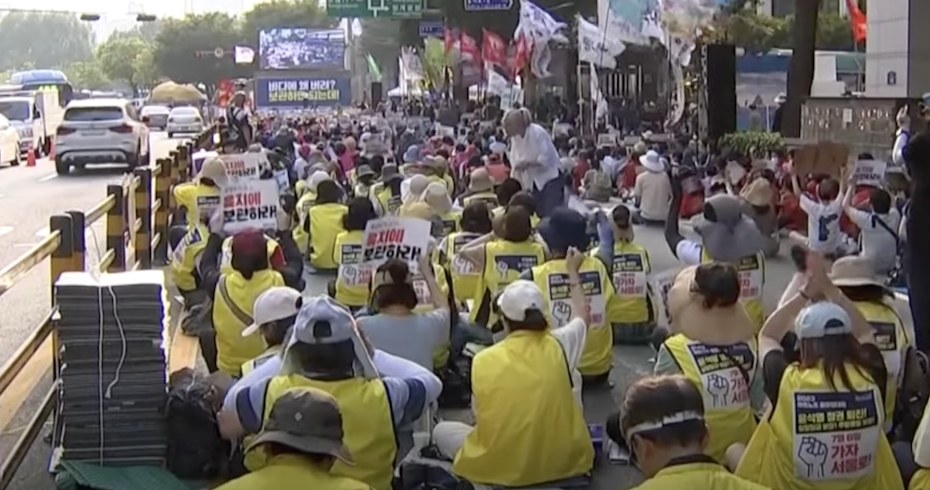RAOEN shares this excerpt (translated in English) of a statement by faith leaders and civil society groups against the release of contaminated water of the Fukushima Nuclear Power Plant. Plans of the Japanese Government to dump ‘treated’ radioactive water in the Pacific Ocean were widely met with protests from civil society, fishermen unions, and faith groups. The full statement in Korean can be accessed at the Catholic Bishops’ Conference of Korea (CBCK) website. In English, the statement is titled “We oppose ocean dumping of radioactive contaminated water from the Fukushima nuclear power plant.”
In 2021, the Catholic Bishops’ Conference of Japan released a statement with CBCK against the contamination that will detrimentally affect the health of marine ecosystems and people. The statement in Japanese can be accessed at the Japan Catholic Council for Justice and Peace website. In English, the Japan-Korea joint statement is titled “We oppose the release of radioactive tritium-containing water into the ocean after purifying contaminated water from TEPCO’s Fukushima Daiichi Nuclear Power Station (February 9, 2021).”
On April 5, 2023, the Citizens’ Radiation Protection Centre and the Environmental Movement Association released the “Japan Agricultural, Fisheries and Livestock Products Radioactive Pollution Analysis Report” that analyzed the radioactive substance test results. Radioactive contamination has been identified in 5.3% of aquatic products, and 29% of marine wildlife. Radioactively contaminated seafood is still being found in waters near Fukushima.

The International Atomic Energy Agency (IAEA) recently approved the discharge of nuclear wastewater in the Pacific Ocean. (Editor’s note: The IAEA presented their “Comprehensive Report on the Safety Review of the ALPS-treated water at the Fukushima Daiichi Nuclear Power Station” to Japanese Prime Minister Fumio Kishida on 4 July.) Amid the growing impacts of the climate emergency, the discharge threatens the Common Home and exacerbates the vulnerability of communities that rely on the ocean for their lives and livelihood. The international community also raised concerns that the discharge is a direct violation of the provisions of the UN Convention on the Law of the Sea (UNCLOS).

Faith leaders and civil society unions in Japan and Korea continue to urge the Japanese government to explore alternative solutions to minimize ecological impact.


